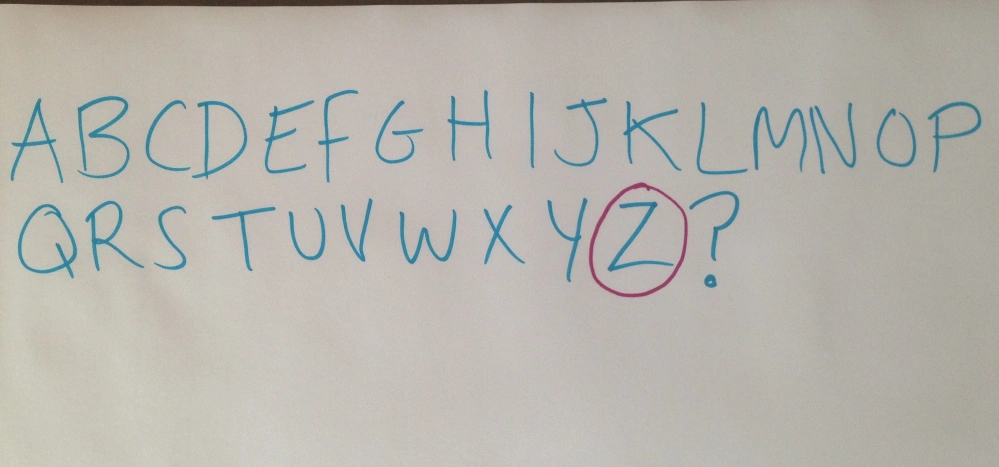Generation Y have come of age – even the youngest are in higher education or have jobs.
This means that there’s a new generation in town – the younger crowd who are coming into their own and becoming the new ‘cool kids’, trendsetters and taste-makers as their older counterparts venture into real life. Generation Z are under 17 and still at school, so trends, early adoption and collective behaviour can exhibit itself more clearly.
Unlike the generation before them, Generation Z aren’t approaching adulthood at a time of flux and development.
Generation Y remember that there ever was not an Internet, and were conscious and aware of the transition they were making into digital communication. It’s second nature for them. However, Generation Z cannot truly remember a time without the internet and social media.
Following on from my last look at Generation Y, I wrote this for OnePoll about the biggest differences between these generations.
Content
Generation Y are most comfortable in the traditional digital methods of communication – typed correspondence, and a reciprocal conversation. Generation Z will choose video and image over text, and are happy engaging in a series of disconnected, network-based conversations and interactions that don’t require a direct response – at the most a mere acknowledgement.
Counter-culture
Generation Y naturally refer to blogs and regularly post text updates, but Generation Z think of vlogs and other visually-led content. Compare the Generation Y ideal of ‘blogger-turned-columnist’ to the Generation Z ‘vlogger-turned-celebrity’. Compare the Generation Y teen nostalgia of LiveJournal to Generation Z’s equivalent: Tumblr. This is Generation Z’s counter-culture, with Tumblr and YouTube farming international celebrities with millions of teenage fans – personalities who Generation Y have never heard of.
Connectivity
Generation Y’s social network use is defined by making the world smaller and connecting people, sharing knowledge and building identity. Facebook and Twitter, for example are networks that build catalogues of your personality and allow you to store moments in sharing them. In contrast, Generation Z are defined by networks based on ephemeral communication and staying in the moment – Snapchat and Instagram. They are more open with content, but when it isn’t linked to their identity or seen as permanent.
Community
Almost in contrast, Generation Z are aware of the audience available to them if they choose. Their natural instinct for content creation across mediums means that they are even more creatively minded and inherently more entrepreneurial than Generation Y. They are self-assured from having a platform from such a young age, and this confidence means they are ready to make an impact and have their ideas disseminated from early on. Generation Z are fully aware of the communities they are a part of and are ready to use these as required: for social good, socialising or self-promotion.
Companionship
Mobile – tablets and smartphones – is a transition away from desktop for Generation Y, but natural and preferred to Generation Z. Whilst Generation Y have easily converted from the WIMP model (windows, icons, menus and pointers), short, almost non-committal gestural movements like swiping, flicking and shaking are primary for Generation Z. Generation Y are comfortable across all platforms, and switching between them as required, but Generation Z don’t differentiate between them – all communication simply takes place on and from their preferred mobile device.
Constant
Mobile technology is handheld and an extension of the self and Generation Z’s full attention is on this rather than a desktop counterpart. The presence of connectivity from a young age means that Generation Z have a more intimate relationship with their technology than Generation Y. The lines between digital and physical worlds are blurred for Generation Y, but they don’t really exist for Generation Z. There’s no off switch, they are always on and have an expectation that everything and everyone else should be, too.
Read my introduction to researching Gen Y here.
Read my thoughts about who comes AFTER Generation Z here – the Post-Alphabet Generation.

